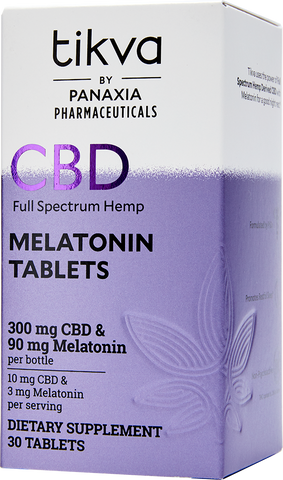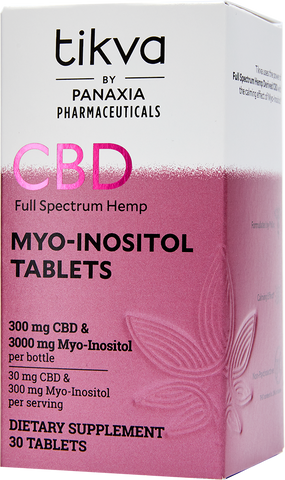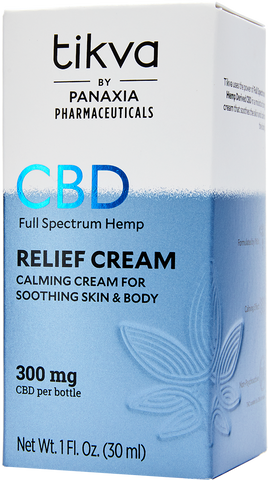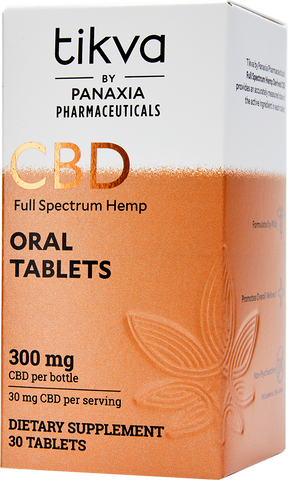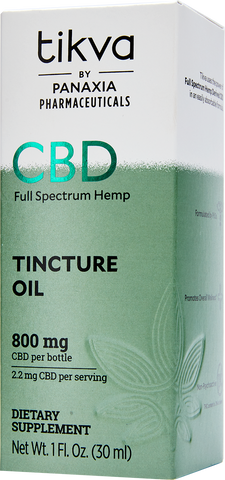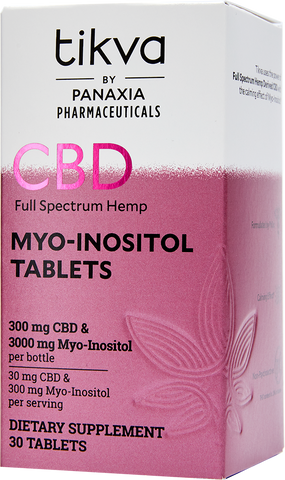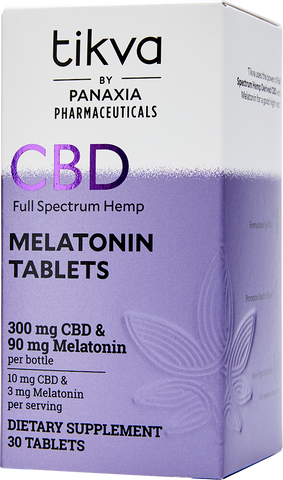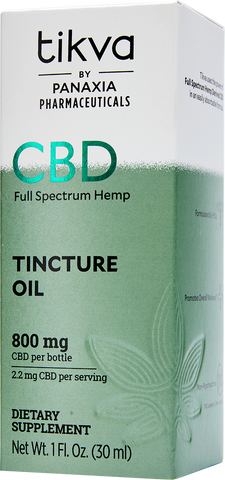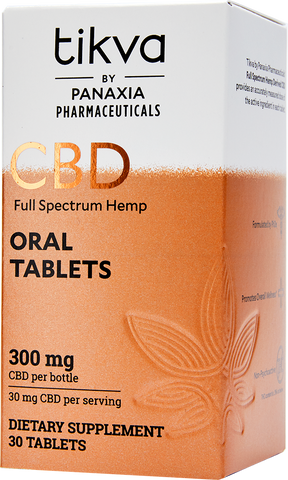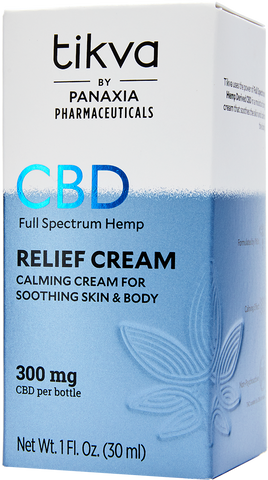Chronic pain is one of the most common reasons adults seek medical care in the United States. Over 50.2 million people, or one in five Americans, suffer from chronic pain. Of those Americans, around 8% report pain levels that interfere with their daily liv esChronic pain is one of the most common reasons adults seek medical care in the United States. Over 50.2 million people, or one in five Americans, suffer from chronic pain. Of those Americans, around 8% report pain levels that interfere with their daily lives (Yong et al., 2022).
Pain is defined as “an unpleasant sensory and emotional experience associated with, or resembling that ass ociated with, actual or potential tissue damage” (IASP). While considered subjective, it is definitively linked to a reduced quality of life and increased economic burden a s a result of sensory - physiological, motivational-affective and cognitive-evaluative factors (Yong et al., 2022). These factors shap e patients' perception of pain in both intensity and unpleasantness (Talbot et al., 2019).
Seven categories have been determined to distinguish varying types of pain, including chron ic primary pain, chronic cancer - related pain, chronic post - surgical or post - traumatic pain, chronic neuropathic pain, chronic secondary headache or orofacial pain, chronic secondary visceral pain and chronic secondary musculoskeletal pain (Peng et al., 2022; Treed et al. 2015).
Numerous prescription medications have been developed to mitigate pain and reduce inflammation. Though readil y available, prescription pain medications, especially those with opioids, can be highly addictive and come with a litany of side-effects
Clinical research indicates the efficacy of cannabinoid therapies in treating the various types of pain and inflamm ation as well as potentially mitigating opioid-use.
The Endocannabinoid System and Pain
Despite not understanding the scientific mechanisms behind cannabis’ therapeutic value, it was used in ancient China, Israel, Greece, Rome, and India primarily to treat and relieve pain (Pacher et. al., 2006). While more research needs to be conducted, we now have a better understanding of the relationship between pain, the Endocannabinoid System (ECS), and cannabis therapies.
Numerous studies verify the integral role of the ECS in modulating various physio logical functions throughout the human body, including pain perception and inflammatory response (Behl et al., 2022).
CB1 receptors were found in areas connected to pain response in the brain, spinal dorsal horn, dorsal root ganglia, and peripheral afferent neurons (Dasram et al., 2022; Strangman et al., 1998). Via these receptors, phytocannabinoids produce antinociceptive effects on the central nervous system, spinal cord, and peripheral sensory nerves (Crocq 2020; De Petrocellis et al., 2009). Recent studies further indicate that cannabinoids are effective against both neuropathic and inflammatory chronic pain (Pacher et. al., 2006). specifically via the antihyperalgesic effects of cannabinoids on CB2 receptors.
CBD and Pain
CBD is frequently used to treat various types of acute and chronic pain due to its analgesic and anti-inflammatory effects.
CB1 receptors are located mainly within the CNS which is responsible for pain perception, and due to the allosteric activity CBD has on CB1, evidence shows CBD can be beneficial in managing chronic pain (Peng et al., 2022; Laprairie et al., 2015; Martínez-Pinilla et al., 2017). Furthermore, CBD produces anti - inflammatory effect s by serving as an antagonist to CB2 receptors, suppressing mast cell degranulation and boosting neutrophils within pain center (Pertwee, 2008).
Along with CB1 and CB2 receptors, studies have also shown CBD’s analgesic effects via its modulation of GPR2 (Ruiz-Media et al., 2011), serotonin 5-HT1A (Russo et al., 2005) and TRPV1 (Di Marzo 2004).
Studies have confirmed that CBD reduces the levels of pro-inflammatory cytokines, inhibits T-cell proliferation, induces T-cell apoptosis, and reduces migration and adhesion of immune cells (Sinemyiz et al., 2019; Petrosino et al., 2018).
CBD and Opioid-Use Mitigation
Opioid addiction creates neurobiological changes within the brain by dysregulating motivation and reward pathways. Recent studies indicate that the Endocannabinoid System plays an integral role in the rewarding and motivation effects of not only cannabinoi ds, but of alcohol, nicotine, and opioids via endocannabinoid release in the ventral tegmental area (Maldonado et al., 2006)
Through self-reports and clinical rese arch, evidence shows cannabis has a significant positive impact on the reduction of opioid use, primarily due to substitution effect and the shared therapeutic properties of cannabinoids and opioids (Lucas, 2017).
Studies show a reduction in the use of opioids and prescription drugs used to treat pain, depression, anxiety, sleep disorders, nausea, seizures, and psychoses in states with medical cannabis pro grams (Bradford et al., 2016 ). In fact, there was a 24.8% lower mean annual opioid overdose mortality rate in U.S. states with medical cannabis laws compared to those without (Bachhuber et al., 2014). Another study indicated that cannabis reduced opioid use, decreased side effects of medications, and improved overall quality of life by 64% in chronic pain patients (Boehnke et al., 2016).
In an eight-week study on 72 chronic pain patients, 53% reduced or e liminated their opioids after adding CBD - rich hemp extract to their regimens. Almost all CBD users (94%) reported quality of life improvements, concluding that CBD could significantly reduce opioid use and improve chronic pain and sleep quality among patie nts who are currently using opioids for pain management (Capano et al., 2020).
Numerous studies indicate that most chronic pain syndromes, regardless of their origin, share comorbidities in whic h CBD has therapeutic value – primarily anxiety and irregular sleep (Dahan et al., 2014). Lack of sleep can increase pain sensitivity (Sivertsen et al., 2015) and anxiety disorders can cause physical symptoms such as heart - palpitations and exacerbate pain perception due to cognitive over - signaling of impending danger (Woo, 2010).
Because pain carries comorbidities, pain management is often tied to other physical and mental health issues in which CBD has therapeutic value:
SLEEP
Research has suggest ed that CBD may be therapeutic for sufferers of insomnia, REM sleep behavior disorders, and excessive sleepiness during the day (Babson et al., 2017).
CBD blocked anxiety - induced REM sleep suppr ession but had no effect on NREM sleep, suggesting that CBD may improve sleep quality through its anxiolytic effects (Hsaio et al., 2012).
A study conducted to determine whether CBD helps impro ve sleep and/or anxiety in a clinical population showed anxiety scores In patients treated with CBD decreased within the first month in 79.2% of patients and sleep scores improved within the first month in 66% of patients (Shannon et al., 2019).
ANXIETY
Multiple studies on stimulated public speaking demonstrated that CBD significantly decreased participants’ general social anxiety and reduced cognitive impairment, suggesting CBD could be benefic ial for people in stressful situations (Zuardi et al. 1993; Bergamaschi et. al., 2011; Zuardi et. al., 2017; Zuardi et. al., 2019).
The administration of oral CBD in addition to routine psychiatric care was associated with PTSD symptom reduction in adults. CBD also appeared to offer relief in a subset of patients who reported frequent nightmares as a symptom of their PTSD (Lucas et al., 2019).
Determine which Tikva product suites your patients’ mental health needs:

CBD Melatonin Tablets
A nightly supplement that combines the proven benefits of melatonin with the calming relief of CBD. These ingredients work together to help your patients fall asleep, stay asleep, and wake up feeling refreshed in the morning.

CBD Oral Tablets
A daily natural supplement for patients seeking preventative relief and sustained wellness in a familiar and standardized delivery method. Each tablet has 10mg of CBD, and patients can take up to three tablets daily.

CBD Tincture Oil
A natural and wholistic solution to help optimize your patients’ wellness and their improve quality of life. Ideal for patients seeking daily or as-needed, fast-acting relief in a flexible dosing delivery method.

CBD Myo-inositol Tablets
A daily supplement pecially formulated to help your patients reduce stress. These tablets combine two naturally occurring compounds - CBD and myo-inositol - to calm the mind and ease mental tension without a habit-forming prescription.

CBD Relief Cream
A topical cream specially formulated to penetrate the skin to deliver CBD and beneficial ingredients including menthol and camphor deep into the muscles to provide fast-acting, natural relief, when and where your patients’ need it.
HAVE MORE QUESTIONS?
Are you a healthcare practitioner? Get in touch with our service team, powered by PharmaCentra Physician Support!
Available weekdays: 9am - 6PM EST, Monday - Friday
Phone: 833-30-TIKVA (833-308-4582)
Email: TIKVA@physician-reach.com
Are you a patient or customer? Get in touch wtih our customer support team!
Available weekdays: 9AM-5PM PST
Phone: 888-9963599
Email: info@tikvahealth.com
